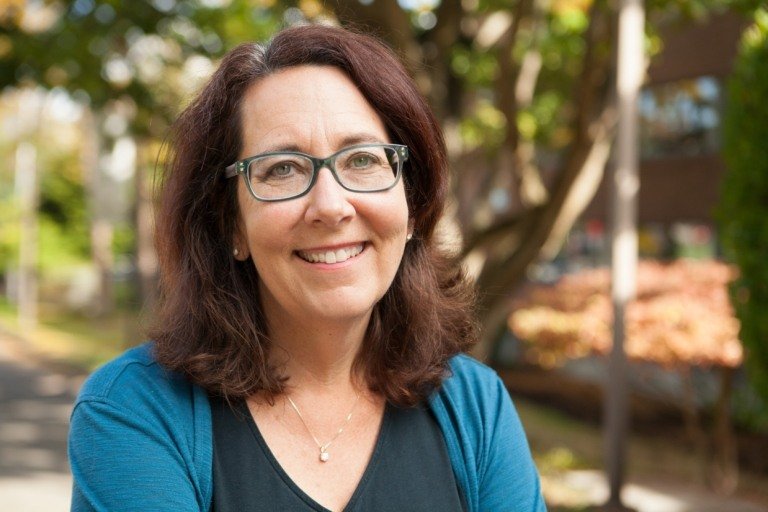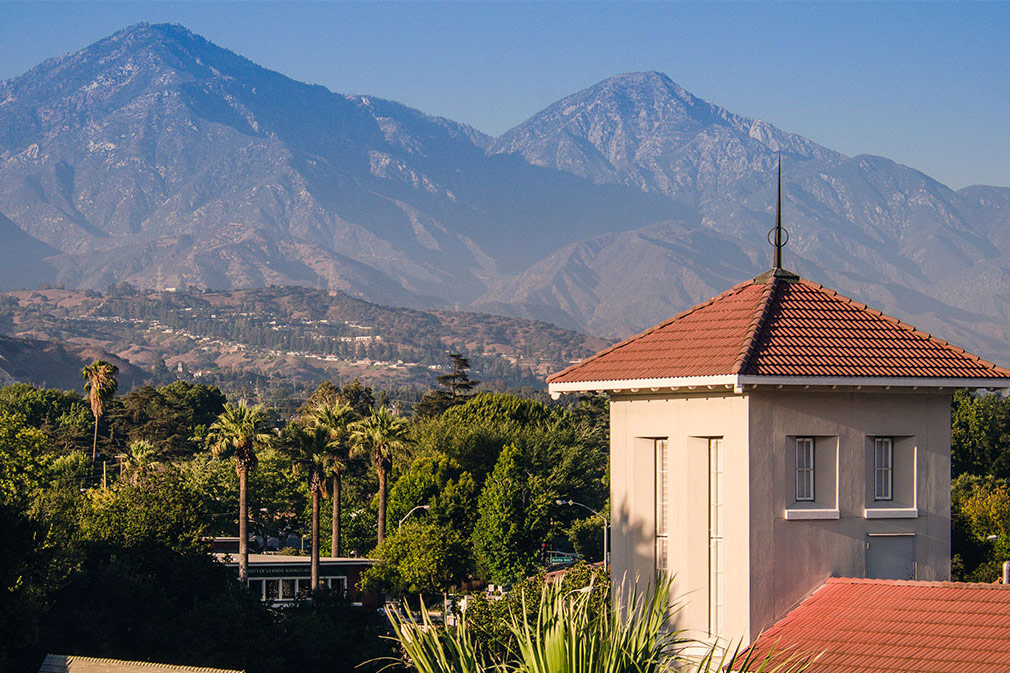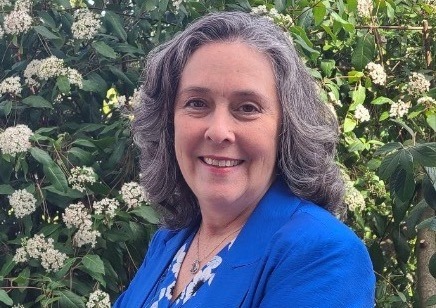$8.5 Million Secured for College of Health and Community Well-Being Construction
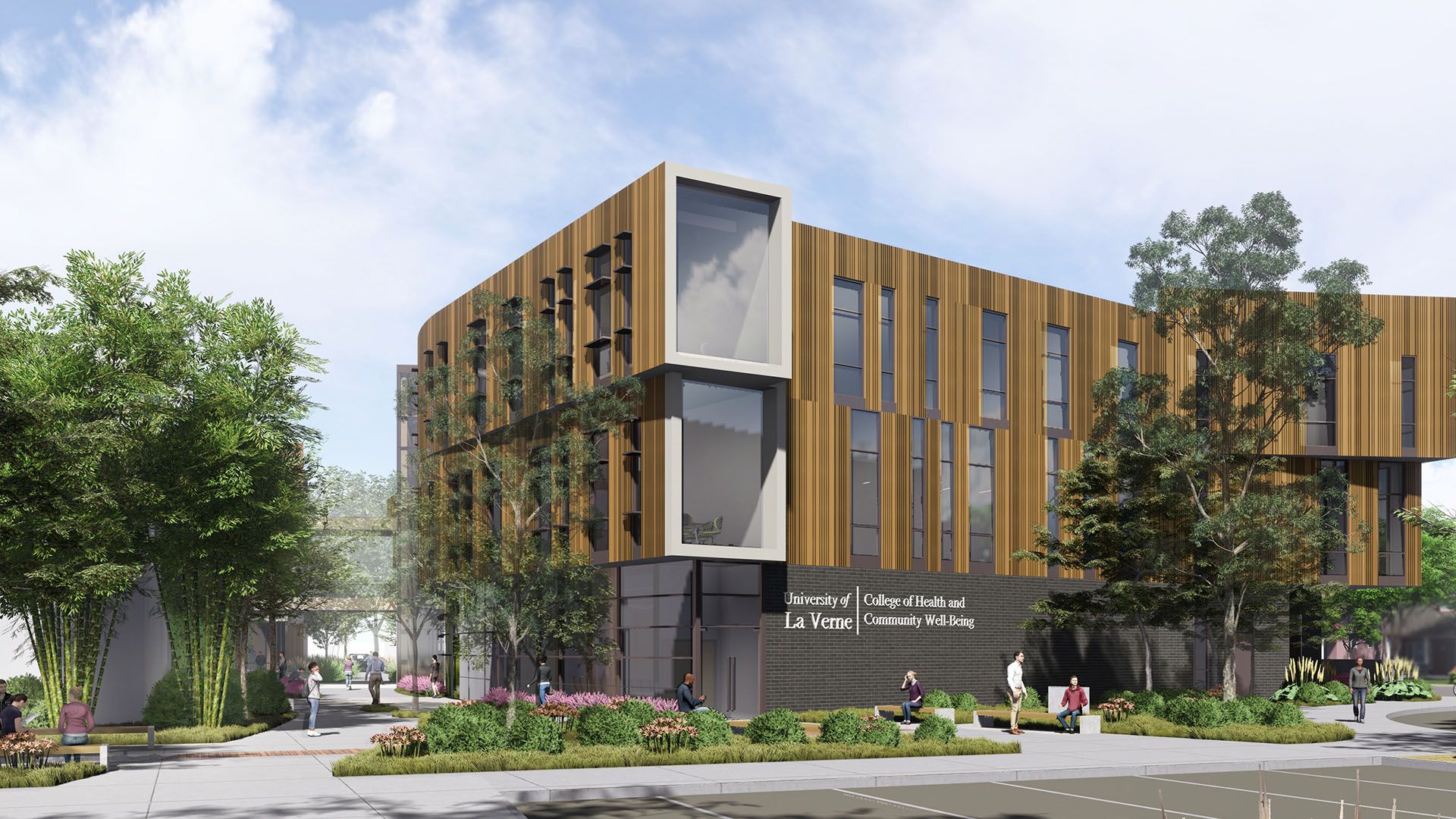
The University of La Verne is set to receive $8.5 million in state funding to help build a 60,000 square-foot state-of-the-art learning facility and home for the College of Health and Community Well-Being in the City of Ontario.
Funds were among priority requests included in Senator Susan Rubio’s (District 22) 2023-24 budget, which was approved by Governor Gavin Newsom last week.
“I am thrilled to be able to bring resources to help students reach their academic and professional goals,” said Rubio, a longtime educator and champion for access to education. “Not only will it generate good paying jobs to construct the new college, it will also train the next generation of healthcare workers our community desperately needs.”
The University of La Verne’s fifth college – the College of Health and Community Well-Being – officially opened last year. It offers 10 undergraduate and graduate degree programs in nursing, health administration, physician assistant practice, child life, psychology, marriage and family therapy, clinical psychology, kinesiology, and athletic training. The college focuses on providing a pipeline of qualified graduates to support the Inland Southern California region’s growing need for healthcare professionals. It also serves as the cornerstone of the university’s 2025 Strategic Vision and is developing as a hub for high-quality education, research, and innovation in health and the social determinants of health.
“College programs serve as a catalyst to retain local talent, as well as expand healthcare and workforce opportunities in the region,” said President Devorah Lieberman. “We are deeply appreciative of Senator Rubio’s support and advocacy for the university, especially as we create a space that will transform a historically underserved and under-resourced region within the district and beyond.”
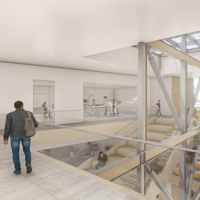 Construction off of D Street, between North Sultana and North Plum avenues in Ontario, is expected to start early 2024. Designed with health and well-being at its core, the two-story building will include a light-filled atrium lobby; innovative skills and simulation labs with unique learning opportunities that mirror real hospital settings; high-tech classrooms; advanced research facilities; and shared areas to encourage collaboration and scientific inquiry.
Construction off of D Street, between North Sultana and North Plum avenues in Ontario, is expected to start early 2024. Designed with health and well-being at its core, the two-story building will include a light-filled atrium lobby; innovative skills and simulation labs with unique learning opportunities that mirror real hospital settings; high-tech classrooms; advanced research facilities; and shared areas to encourage collaboration and scientific inquiry.
The new college facility will complete the university’s education and innovation corridor for the region aimed at increasing educational attainment and expanding workforce development opportunities by creating jobs in markets with projected labor shortages and the emerging workforce for the future of public and mental healthcare in California. The college is the final pillar of the corridor, which also includes the College of Law and the Randall Lewis Center for Entrepreneurship, Innovation, and Social Impact.
